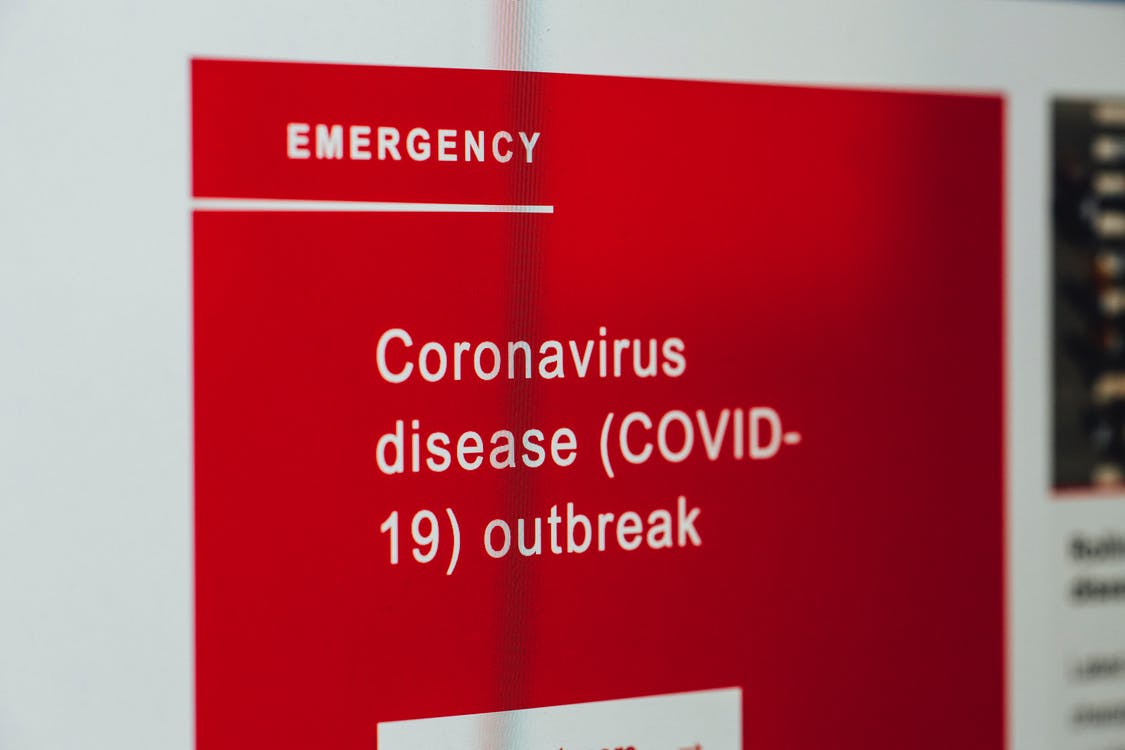
N. Carolina ‘moving in wrong direction’ as COVID cases surge
RALEIGH, N.C. (AP) — North Carolina’s top public health official is warning that the state’s coronavirus numbers are heading
in the wrong direction as the state’s Democratic governor considers whether to tighten restrictions or reopen more of the economy.
The governor’s decision, which is expected to be announced next week, comes at a time when the state has struggled to get those with COVID-19 to help reduce transmission by answering questions about who they’ve come into contact with.
“About half of folks are not responding to calls that we are making,” said Mandy Cohen, secretary of the state Department of Health and Human Services, at a Thursday news conference.
President Donald Trump held a campaign rally in Greenville earlier in the day where, despite the fact that cases have continued to increase nationwide in recent weeks, Trump claimed the virus is “going to peter out.”
On Thursday, North Carolina saw its highest single-day COVID-19 case count yet, with 2,532 people testing positive for the virus. Hospitalizations earlier this week reached their highest levels in the last two months, and the percentage of cases coming back positive has slowly increased but remained relatively stable between 5% and 7%.
“We’re reporting our highest day of cases since this pandemic has begun,” Cohen said. “It doesn’t feel like petering out to me.”
Democratic Gov. Roy Cooper yet again pleaded with North Carolinians to wear masks and follow basic public health guidelines to contain the spread of the virus that has killed more than 3,800 people in the state.
“We cannot let weariness and frustration win out,” Cooper said. “Wearing masks and being careful are more important than ever.”
Trump held campaign rallies in Winston-Salem and Fayetteville last month with minimal mask wearing and virtually no physical distancing between attendees.
Though it’s been challenging for local public health departments to get information from people who have tested positive for the virus, Cohen’s office told The Associated Press in a statement that “NCDHHS is not aware of any cases connected to rallies held by President Trump in North Carolina in September.”
Cohen called North Carolina’s recent rise in cases “frustrating” and said the state is “moving in the wrong direction.” She said North Carolina may soon be compelled to reduce high-risk activities such as large, indoor maskless gatherings.
She also announced the state’s first reported flu-related death of the flu season. An adult older than 65 living in the central part of the state died in the first week of October, according to Cohen’s office.
ADVERTISEMENT
North Carolina’s key COVID-19 metrics had shifted in the wrong direction days before Cooper decided in September to transition to a Phase 3 reopening plan that allows for certain businesses, such as bars, amusement parks and movie theaters, to partially reopen.
He has been criticized by Republicans, including gubernatorial challenger Lt. Gov. Dan Forest at a debate on Wednesday, for not opening up schools and businesses more aggressively. Some Democratic voters, meanwhile, worry about the pandemic and are requesting mail-in ballots in record numbers, prompting weeks-long processing delays for county elections officials to mail out ballots to thousands of voters.
Asked if he made a mistake by easing restrictions, Cooper said he made the decision based on the state’s trends over a more expansive period ranging from 14 days to 21 days. At the time, Cohen warned the state’s progress was “fragile.”
Cooper said the state is equipped to manage the pandemic but needs more buy-in from individuals to ensure public safety.
“We have a lot of measures in place that if people will abide by them and everybody pulls together, then we can slow the spread of this virus,” Cooper said.
The governor’s current executive order expires on Oct. 23.
___
Follow Anderson on Twitter at https://twitter.com/BryanRAnderson.
___
Anderson is a corps members for the Associated Press/Report for America Statehouse News Initiative. Report for America is a nonprofit national service program that places journalists in local newsrooms to report on undercovered issues.NC


 How to resolve AdBlock issue?
How to resolve AdBlock issue? 